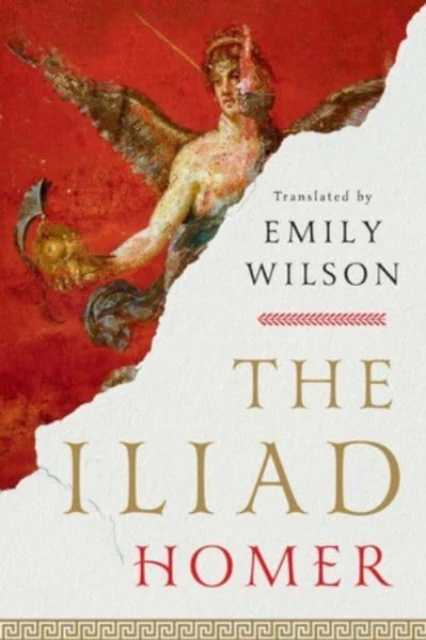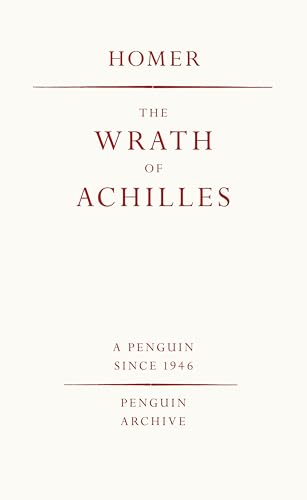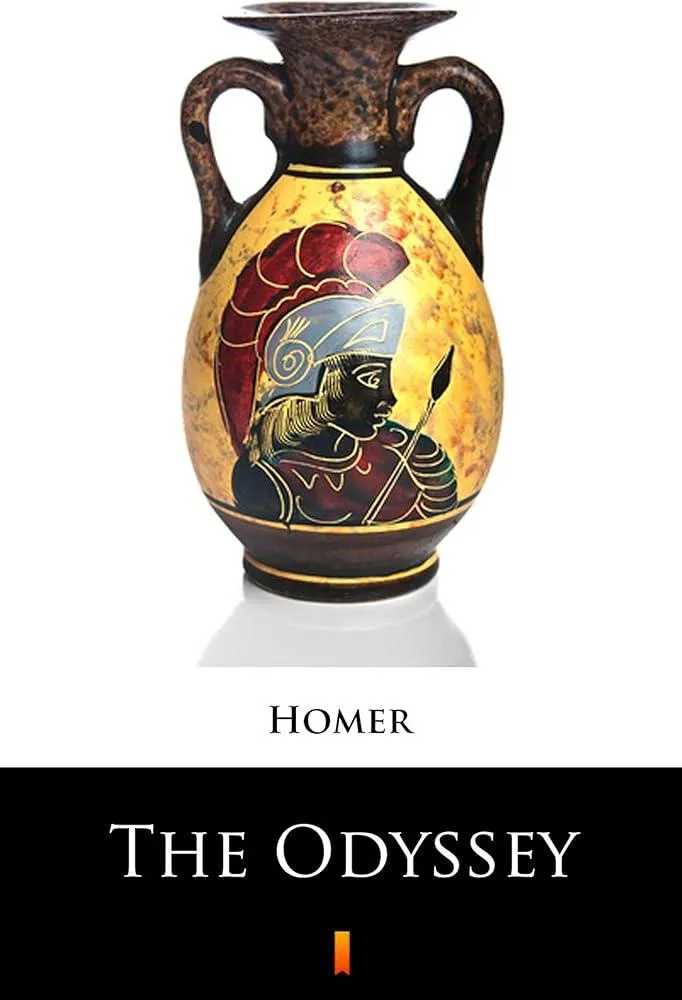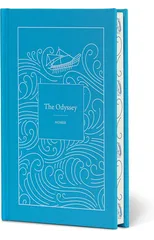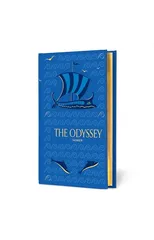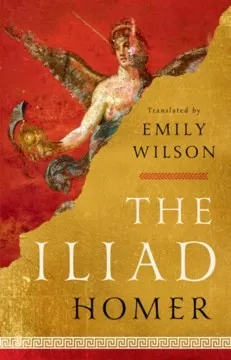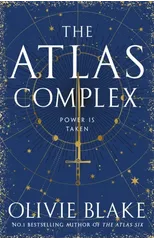When Emily Wilson’s translation of The Odyssey appeared in 2017—revealing the ancient poem in a contemporary idiom that was “fresh, unpretentious and lean” (Madeline Miller, The Washington Post)—critics lauded it as “a revelation” (Susan Chira, The New York Times) and “a cultural landmark” (Charlotte Higgins, Guardian) that would forever change how Homer is read in English. Now Wilson has returned with an equally revelatory translation of Homer’s other great epic—the most revered war poem of all time. The Iliad roars with the clamour of arms, the bellowing boasts of victors, the fury and grief of loss and the anguished cries of dying men.
It sings, too, of the sublime magnitude of the world—the fierce beauty of nature and the gods’ grand schemes beyond the ken of mortals. In Wilson’s hands, this thrilling, magical and often horrifying tale now gallops at a pace befitting its legendary battle scenes, in crisp but resonant language that evokes the poem’s deep pathos and reveals palpably real, even “complicated,” characters—both human and divine. The culmination of a decade of intense engagement with antiquity’s most surpassingly beautiful and emotionally complex poetry, Wilson’s Iliad now gives us a complete Homer for our generation.
Specially bound paperback edition, with deckle-edging (rough-cut) pages and French flaps.
Homer
Homer is an ancient Greek poet believed to have lived in the 8th century BC. His most notable works include the epic poems "The Iliad" and "The Odyssey," which are considered masterpieces of Western literature. Homer's writing style is known for its vivid imagery, epic themes, and complex characters. His contributions to literature include establishing the epic genre and influencing countless writers and poets throughout history. "The Odyssey" is Homer's most famous work, telling the story of Odysseus' journey home after the Trojan War. Homer's impact on literature is immeasurable, with his works continuing to be studied and admired for their timeless themes and storytelling prowess.
